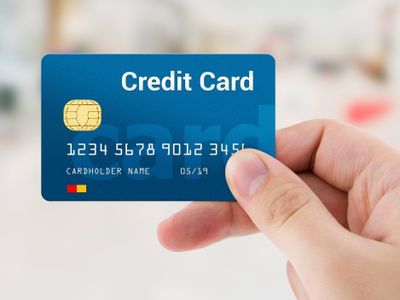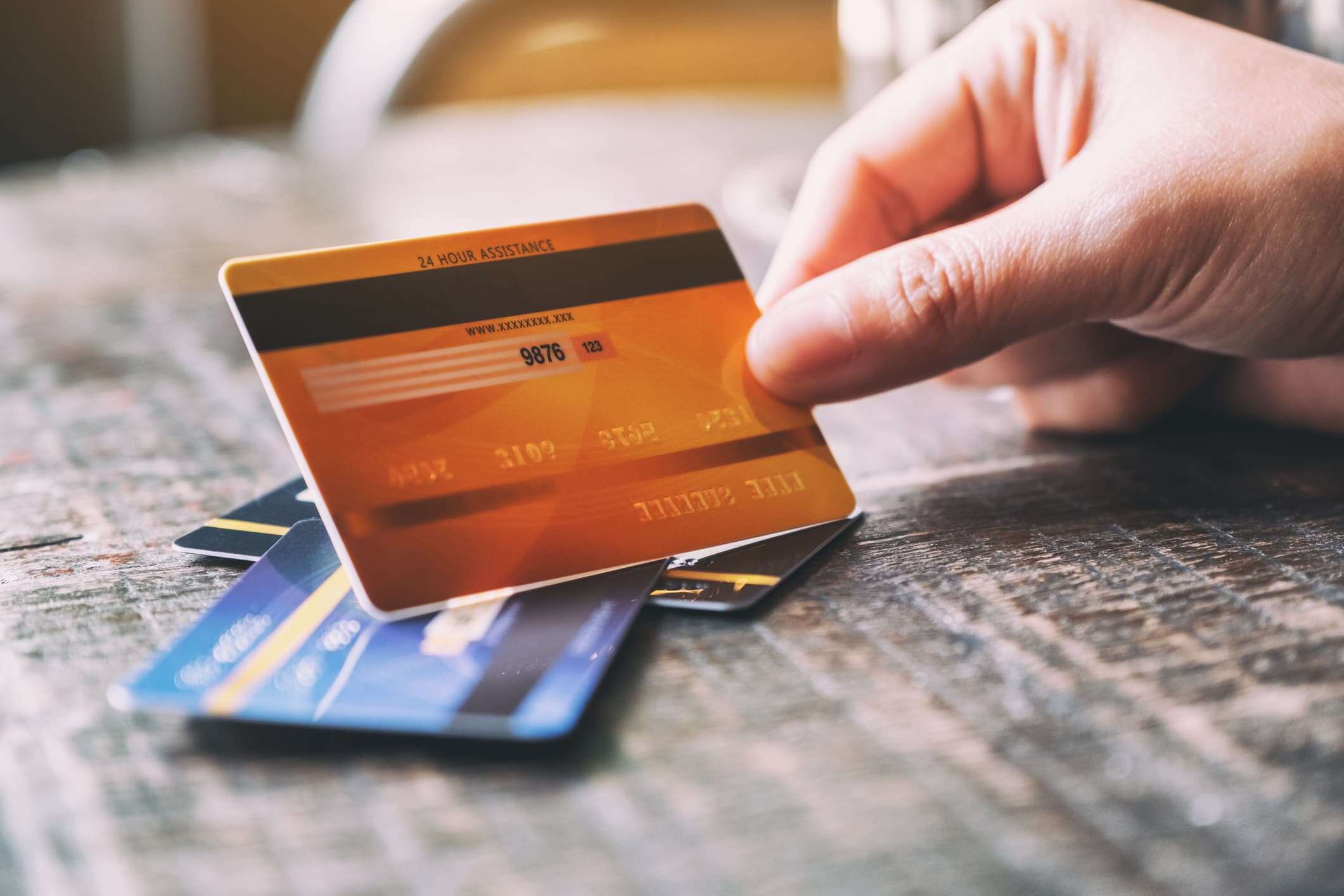Credit cards are a way of borrowing funds from banks and financial institutions to make payments and purchases. It is a piece of metal or plastic card that is issued to the borrower to undertake transactions. There is a limit set up to which the borrower can spend from the credit, known as the credit limit. Credit cards make transactions easy, safe, and convenient. The borrower has to repay this amount every month failure to which would lead to a high rate of interest and additional charges. Credit cards provide additional liquidity to the cardholder in emergencies. Allahabad Bank Credit Card provides online facilities to avail of a credit card in a suitable manner.

Credits cards have several benefits if used correctly and responsibly however, the wrong usage of credit cards can lead the cardholder into a debt trap.
The wrong usage of a credit card involves -
- Paying the only minimum amount due - Banks and financial institutions allow the option to cardholders of only paying the minimum amount. However, this leads to an increase in the balance to be paid, on which a high rate of interest is charged, and makes it difficult for the cardholder to repay the credit card amount.
- Utilization rate over 30% - Cardholders are advised to maintain their spending under 30% of the credit limit. If they spend more than 30% every month it could lead them into a debt trap.
- Using credit cards for daily use - Using a credit card for daily use can be very harmful as it increases the amount owed by an individual and it can be difficult to repay this amount in the loner amount. Allahabad Bank credit card should be only be used in emergencies.
- Not collecting rewards - Users get rewards points for using a credit card. These rewards can be used to get cashback, vouchers, or even discounts on various goods and services. These rewards may have an expiry date and the user could lose out on these benefits.
- Making cash withdrawals - Making cash withdrawals through credit cards leads to various additional hefty charges every day until the cardholder makes the repayment. This could lead the cardholder into debt.
- Making late payments - Making irregular repayments of the due credit card bills could lead to a negative impact on the credit score of the cardholder which would affect their future credit limits as well eligibility to avail of loans.
- Not using interest-free periods - Banks and financial institutions provide a grace period of 20-50 days, in which no interest is charged on the borrowed amount. Not repaying the due amount in this period could lead to high-interest rates charged on this due amount.
- Using a credit card to pay hospital expenses - Hospital expenses and medical bills can be very expensive, even if one has medical insurance. Using a credit card to pay such large amounts could lead the borrower into debt in the longer run.
- Ignoring bill statements - Some individuals do not open their monthly bill statements because they already owe a large amount. However, this could lead to them missing important information such as due dates, changes in credit terms, a higher rate of interest.
- Pursuing rewards - Although availing rewards are useful for discounts and cashback, their value is much lesser than the payments one would make using a credit card. Some individuals make more payments using a credit card thinking they will avail themselves more rewards, this is not advisable at all.
- Closing credit cards in haste - Credit cards should not be closed in haste as it has a direct negative impact on the cardholder’s credit score. It affects the utilization ratio extended and reduces the age of the accounts held by you.
- Applying for multiple credit cards - Applying for multiple credit cards can lead to not only a reduction in credit score but it can also lead to an eventual debt trap as repayment abilities can be affected.
- Not knowing terms and conditions - Cardholders may remain ignorant about the terms and conditions associated with their credit card. It contains important information regarding the actions taken by the banks in case of delayed repayments, etc.
- Carrying balance - Many credit card users are under the impression that carrying their due balance into the next billing cycle could help their credit cycle. However, it does the opposite and also leads to a higher rate of interest charged.
Also read this: Benefits of availing a Loan on a Used Car

